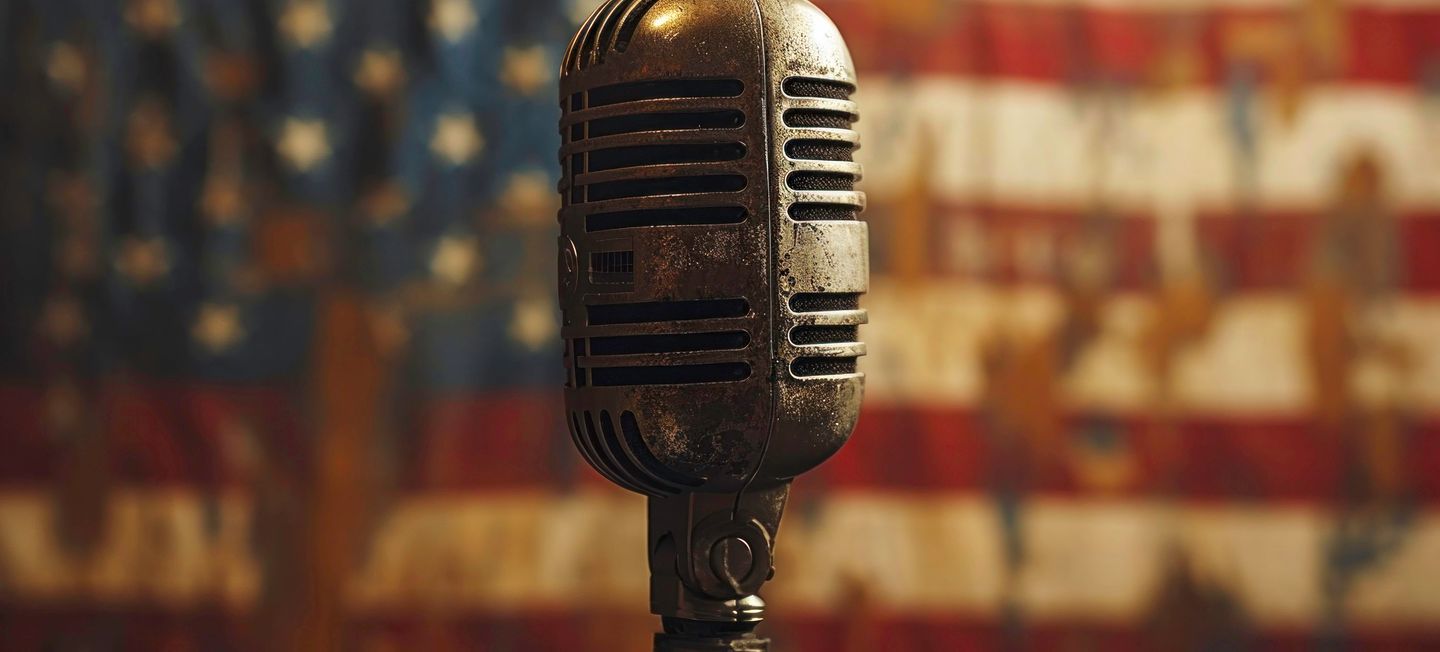Large, bipartisan majorities oppose government censorship of talk show hosts, media companies, survey finds

Almost three out of four Americans (73%) across political lines agree that the First Amendment should protect private speakers, like media companies and talk show hosts, from government censorship so their speech is virtually unrestricted, except for inciting violence.
That’s a key finding in a new Media & Technology Survey by Boston University’s Communication Research Center, conducted in the wake of government pressure to remove Jimmy Kimmel from his late night show after he made politically charged remarks related to assassinated conservative activist Charlie Kirk.
Support was strongest among Democrats (87%), but by nearly five-to-one, Republicans agreed rather than disagreed with the statement (64% vs. 13%).
“These findings suggest that FCC Commissioner Brendan Carr’s recent threats against ABC over Jimmy Kimmel’s remarks – which are jawboning, or what one think tank calls ‘censorship by proxy,’ where the government coerces private actors to suppress speech – would be unpopular not only with the American public generally, but with Republicans, too,” said Morgan Weiland, an assistant professor of communication law at Boston University’s College of Communication and lawyer who writes and teaches about free expression and digital media technologies.
Similarly, large majorities of respondents (65%) oppose the federal government taking legal action against media content it doesn’t like, though opposition is softer among Republicans (56%) compared to Democrats (76%).
“Smaller majorities supported the principle of content neutrality, or the idea that the government shouldn’t punish speakers due to the substance of their speech,” Weiland said. “Interestingly, support for content neutrality is weaker than the finding against censorship. Respondents may be supporting the positive frame of endorsing First Amendment protections as opposed to the negative frame of rejecting government threats.”
Respondents support government intervention to shield audiences from indecent or offensive content on television before it airs, but are less supportive after the fact, based on their agreement or disagreement with the following statements:
- The federal government should help to ensure that viewers are protected from indecent or offensive television content: 45% agreed vs. 27% disagreed.
- The federal government should require television companies to issue content warnings for the purposes of protecting viewers from indecent or offensive content: 67% agreed vs. 13% disagreed.
- The federal government should get involved when television viewers are offended by violent, indecent, or political television content: 29% agreed vs. 47% disagreed.
“We can probably attribute these results to the fact that content warnings aren’t invasive, so it’s easier to get most people to agree, as opposed to a more general statement about punitive intervention after an incident,” said Deborah Jaramillo, a professor of film and television studies at Boston University’s College of Communication. “Ultimately, it’s fascinating that 80 years after commercial television broadcasting launched, people still believe the government has a responsibility to television viewers.”
Survey Summary
Respondents to October’ Media and Technology Survey were asked how much do they agree or disagree with the following statements:
The federal government should be able to threaten private media companies with legal consequences if they don’t like the content that they air or host.
Strongly Disagree: 40%
Disagree: 25%
Neither Agree nor Disagree: 16%
Agree: 12%
Strongly Agree: 7%
19% agreed or strongly agreed
The First Amendment – which involves the right to free speech – should protect private speakers, like media companies and talk show hosts, from government censorship so their speech is virtually unrestricted, except for inciting violence.
Strongly Disagree: 3%
Disagree: 5%
Neither Agree nor Disagree: 18%
Agree: 38%
Strongly Agree: 36%
74% agreed or strongly agreed
The federal government should help to ensure that viewers are protected from indecent or offensive television content.
Strongly Disagree: 8%
Disagree: 19%
Neither Agree nor Disagree: 28%
Agree: 32%
Strongly Agree: 13%
45% agreed or strongly agreed
The federal government should require television companies to issue content warnings for the purpose of protecting viewers from indecent or offensive content.
Strongly Disagree: 5%
Disagree: 8%
Neither Agree nor Disagree: 20%
Agree: 45%
Strongly Agree: 22%
67% agreed or strongly agreed
The federal government should get involved when television viewers are offended by violent, indecent, or political television content.
Strongly Disagree: 22%
Disagree: 25%
Neither Agree nor Disagree: 25%
Agree: 19%
Strongly Agree: 10%
29% agreed or strongly agreed
About the Media & Technology Survey
The Media & Technology Survey is an ongoing project of the Communication Research Center (CRC) at Boston University’s College of Communication. This month’s polls were conducted in English from September 30 to October 1, 2025. This online survey has a credibility interval (CI) of plus or minus 3.5 percentage points. The data were weighted to the U.S. population data by region, gender, age, HHI and race/ethnicity. Statistical margins of error are not applicable to online polls. All sample surveys and polls may be subject to other sources of error, including, but not limited to coverage error and measurement error.
Contact: Burton Glass, Boston University College of Communication, bglass@bu.edu


